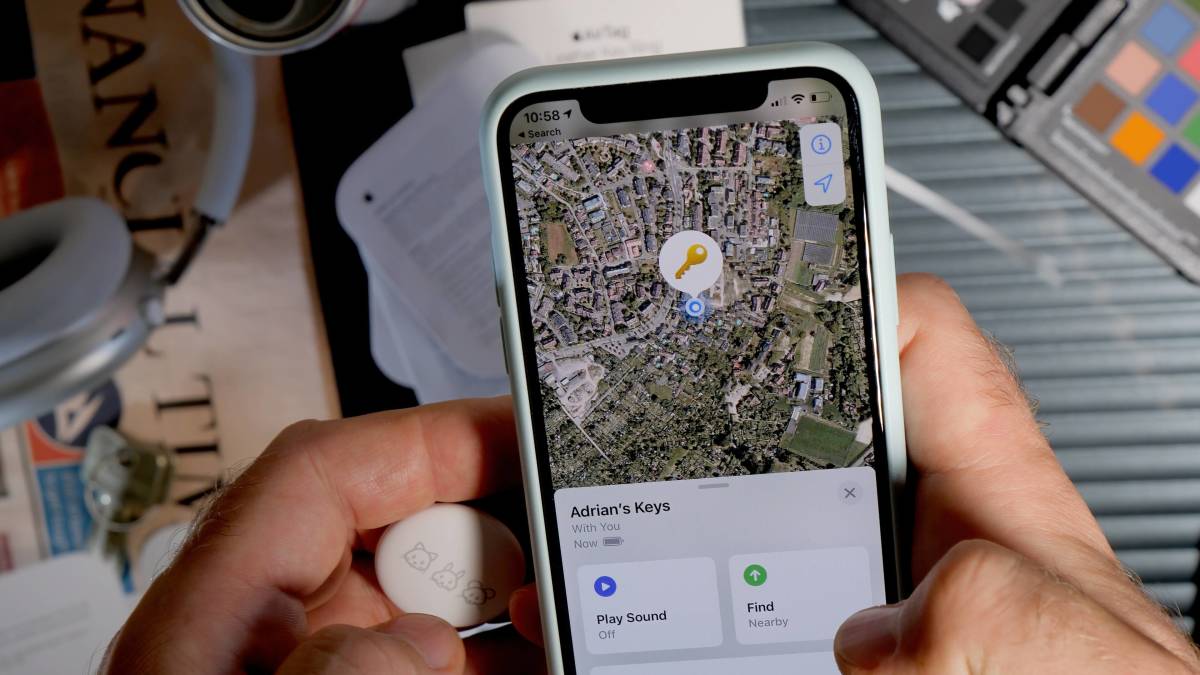
Just two years ago, Apple released a product that seemed to solve the everyday problem of losing personal belongings. The company created AirTag, a quarter-sized device to act as a tracker for personal items.
But what was less anticipated about Apple’s latest invention was its ability to not only track lost items but to track people, leading to the risk of users being stalked and even murdered.
Related: Apple could also lose big if Google loses DOJ's antitrust case
More than three dozen victims this month who claimed to have been stalked by people using AirTags joined a class-action lawsuit that was originally filed against Apple last December in a court in California. In an amended complaint, the victims claim that AirTag, which allows users to track items that are attached to it using the Find My app on Apple devices, “has become the weapon of choice of stalkers and abusers” pointing at the device’s affordability with a price point of $29.
The complaint also states that before and during AirTag’s release, advocates warned Apple to rethink the product due to the risks of it being used as a device for stalking, but “Apple heedlessly forged ahead, dismissing concerns and pointing to mitigation features that it claimed rendered the devices ‘stalker proof.’”
So far, 38 victims have joined the lawsuit against Apple, with claims that incidents of them being stalked has left them with depression, anxiety, and paranoia. One of the victims in the complaint even claims that she refuses to leave her house unless absolutely necessary and is “constantly afraid that another tracking device has been placed on her and that she is being followed.”
According to the complaint, the consequences of AirTags have also led to multiple murders. It even states that “individuals have been murdered—or murdered others—when using AirTags to track down stolen property and confront the thieves.”
One of the many incidents the complaint notes as a case where an AirTag led to murder is one where a woman in Akron, Ohio, was stalked and shot to death in January 2022 by her ex-boyfriend. Her ex-boyfriend was able to follow her and commit the crime after burying an AirTag in the passenger seat of her car.
In light of the complaints Apple has faced over AirTags leading to unwanted tracking, the company made a statement last February saying that it admonishes ill-intentioned use of its products.
"AirTag was designed to help people locate their personal belongings, not to track people or another person’s property, and we condemn in the strongest possible terms any malicious use of our products," the statement said.







